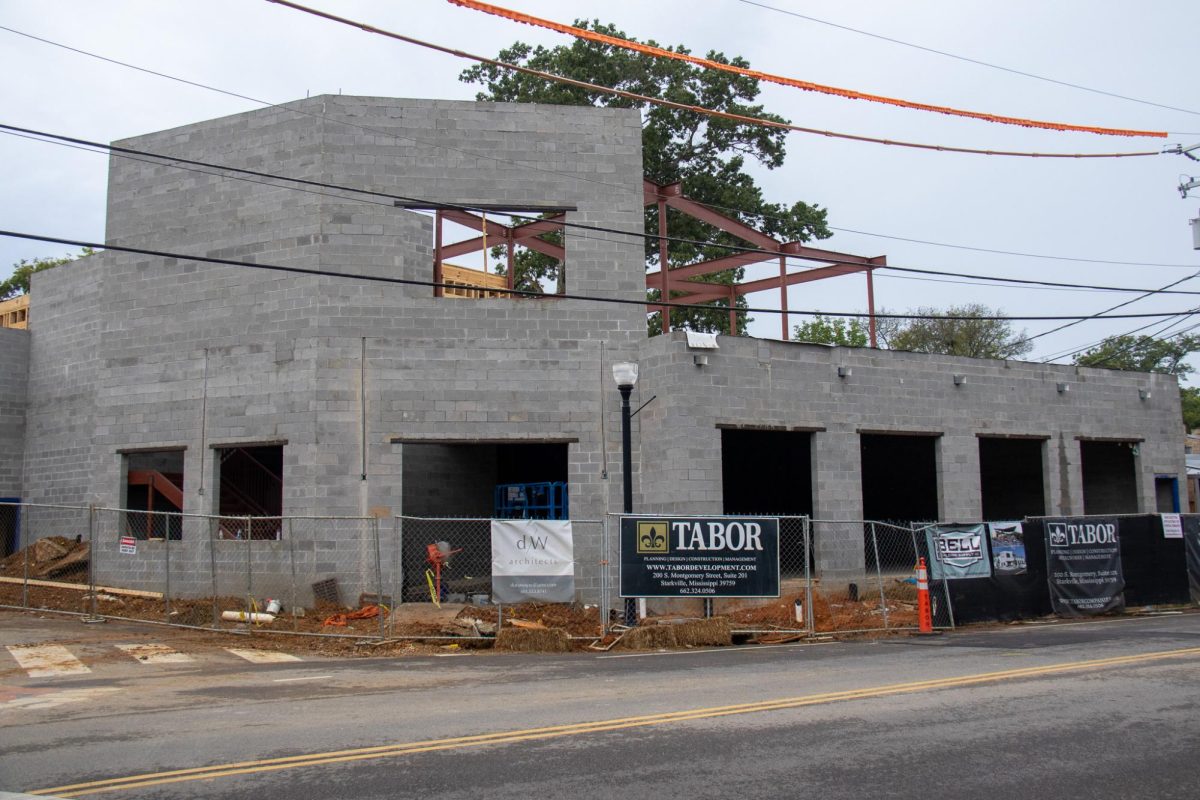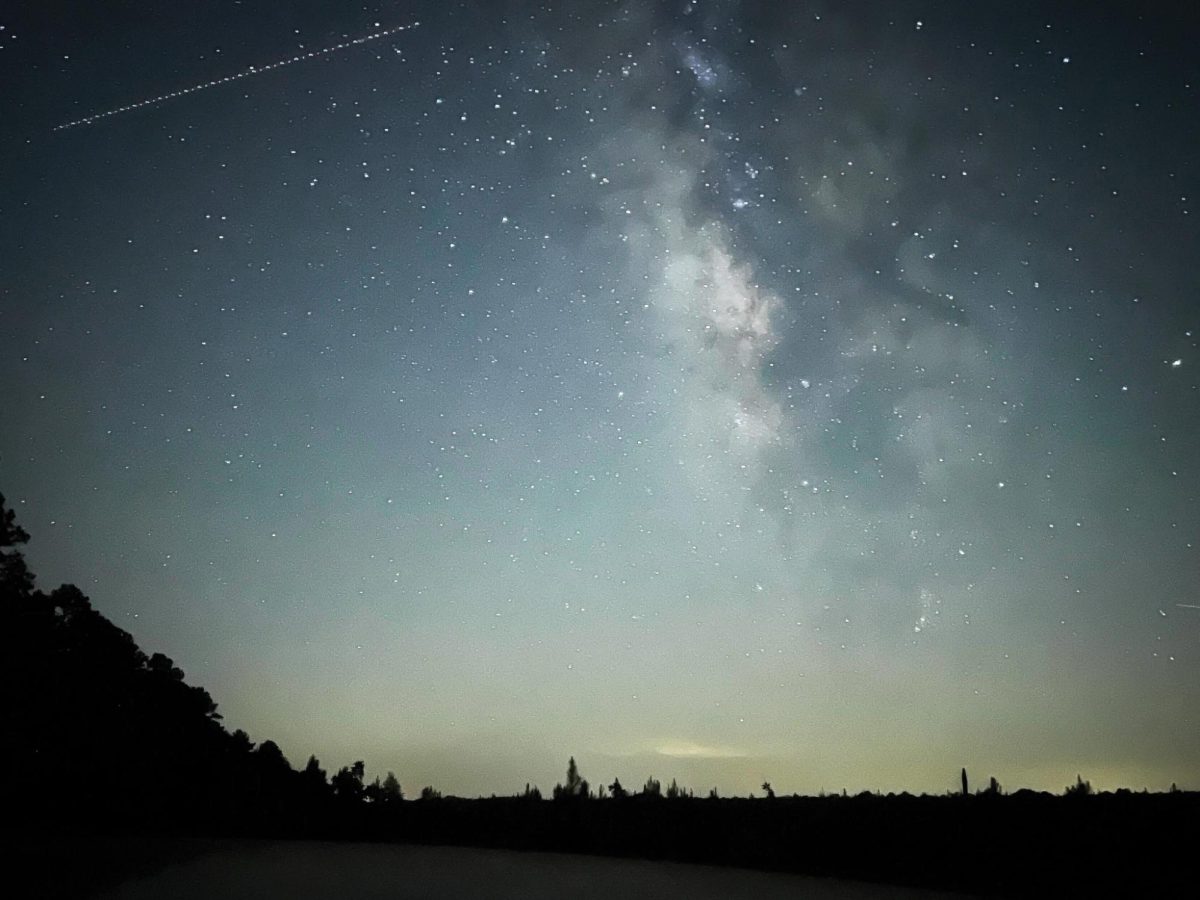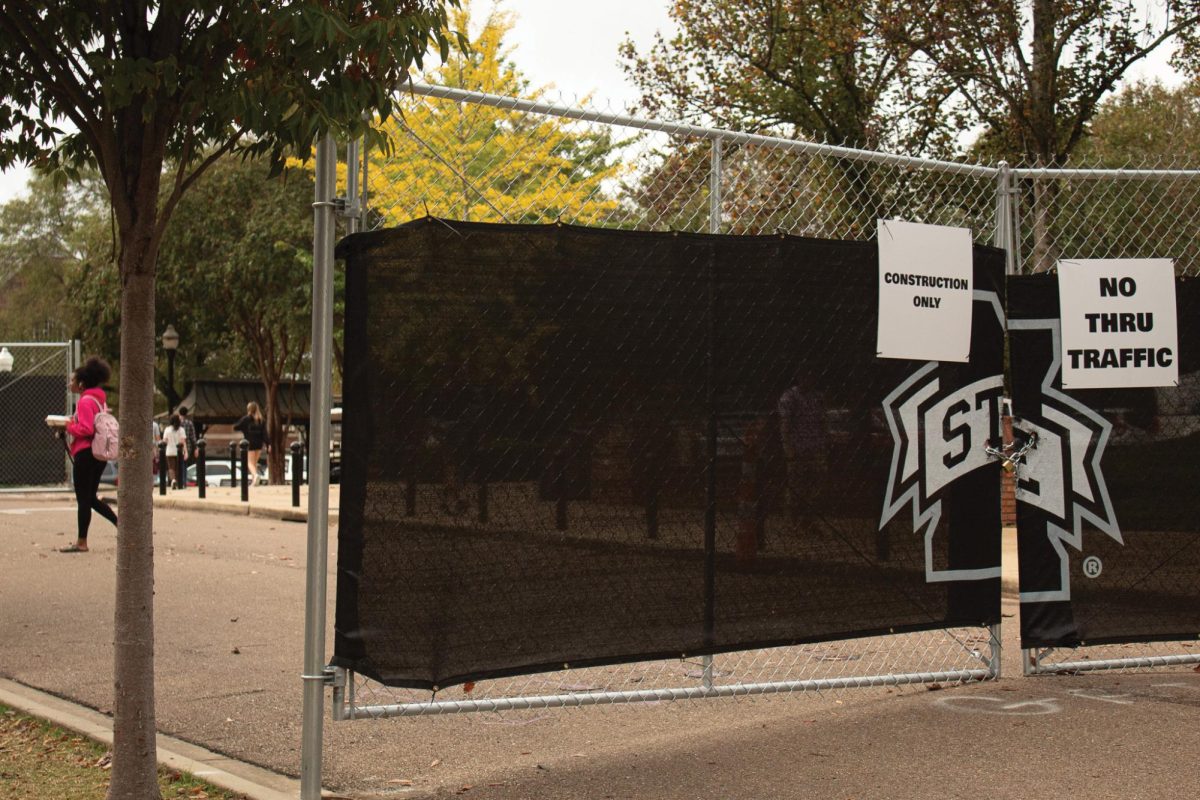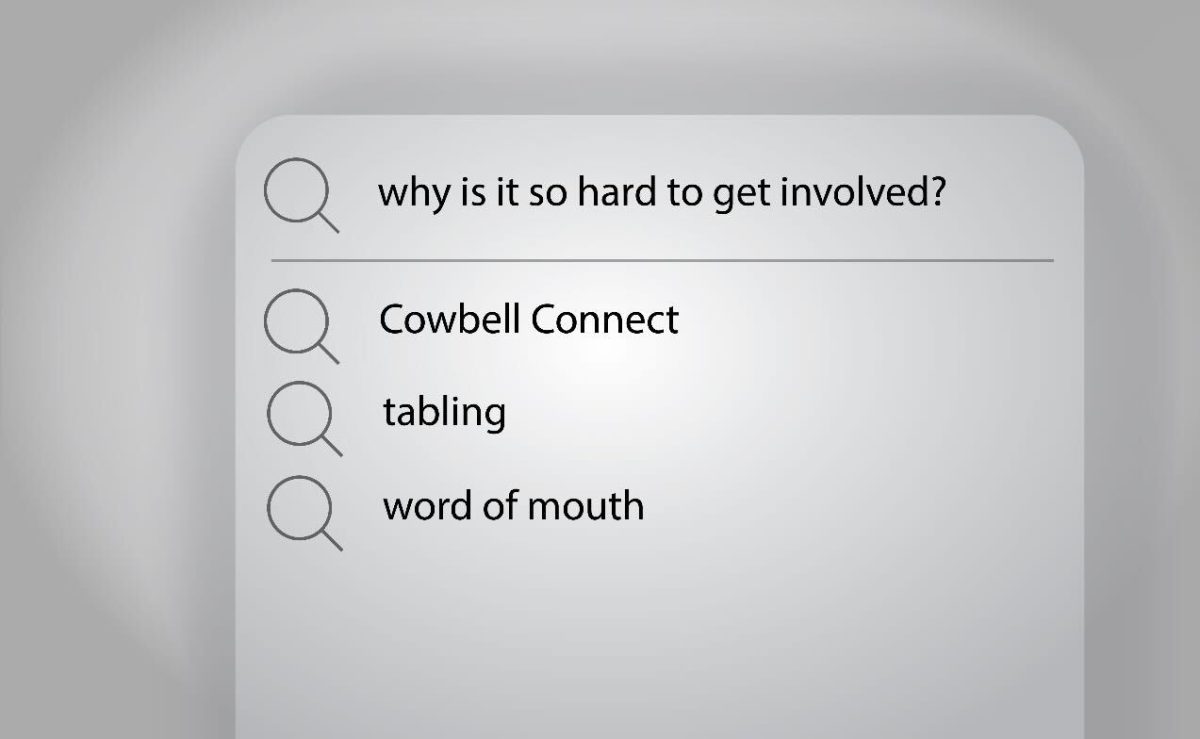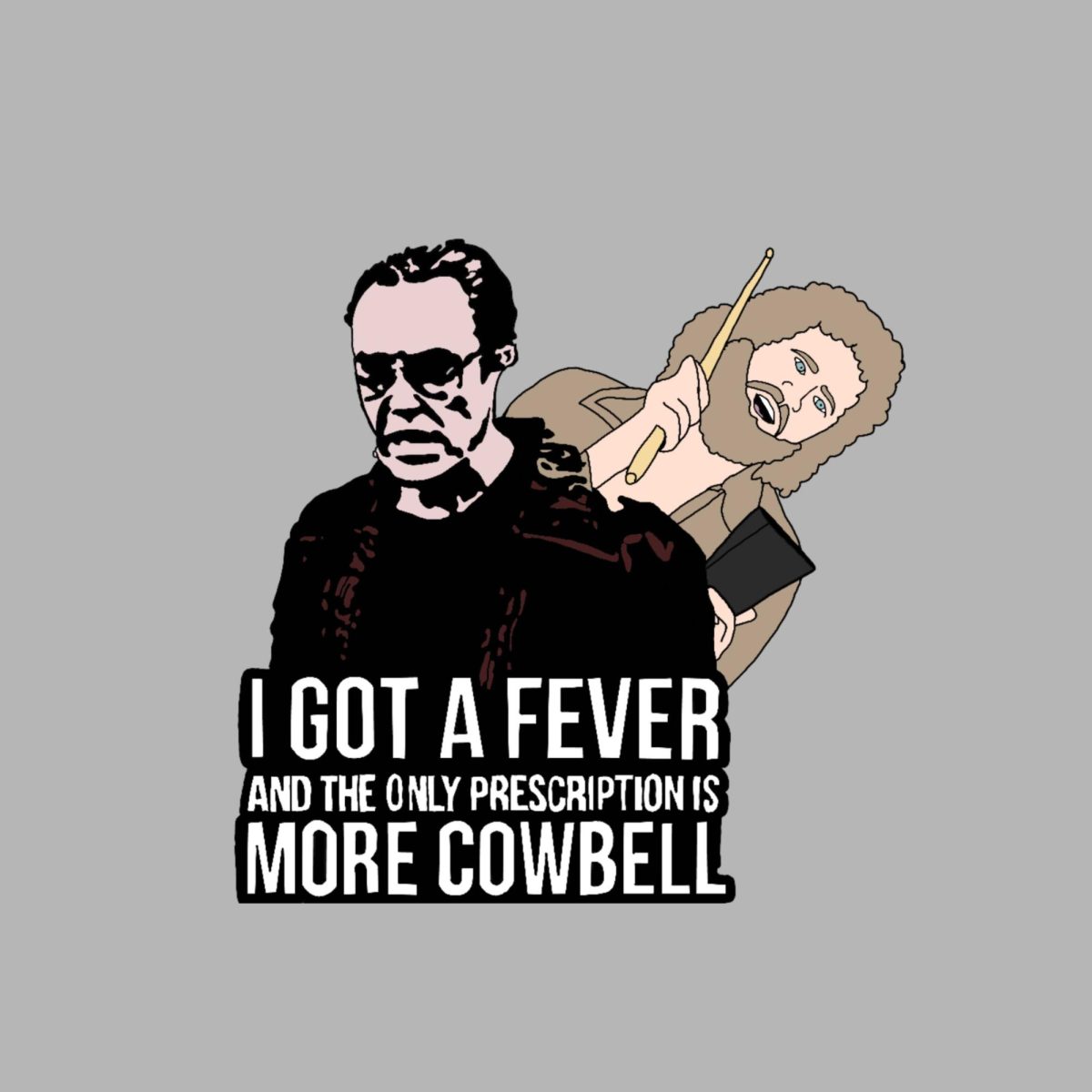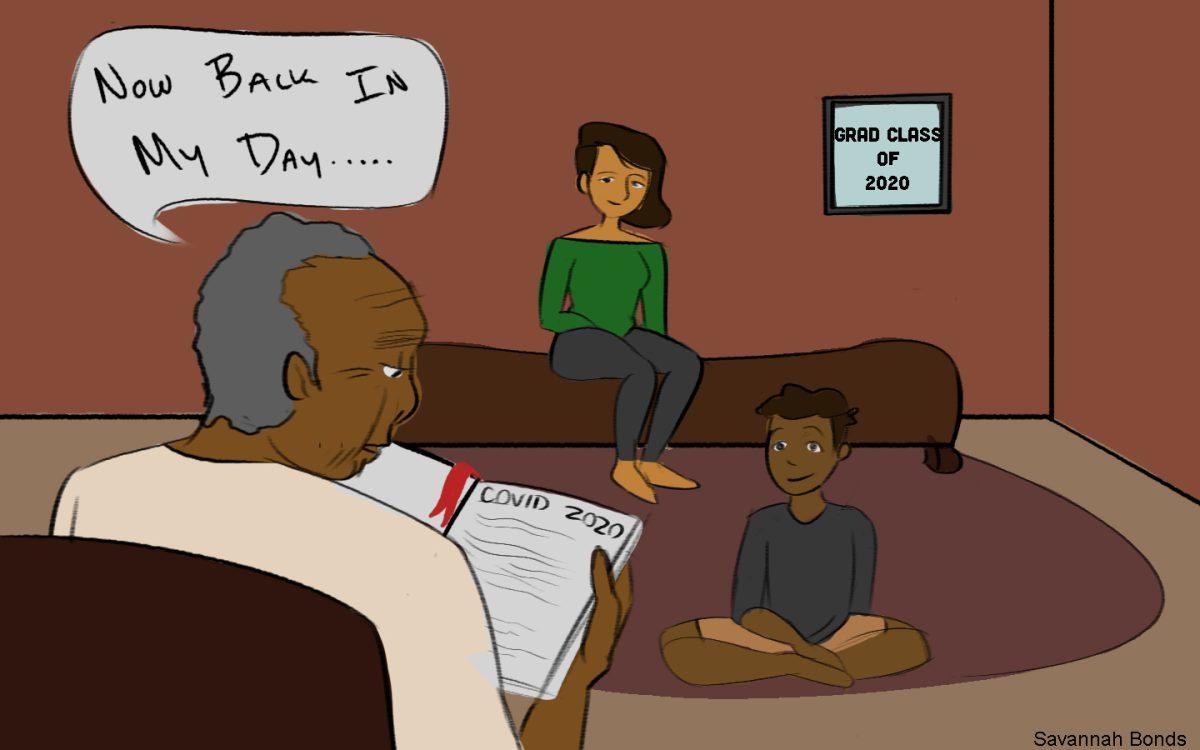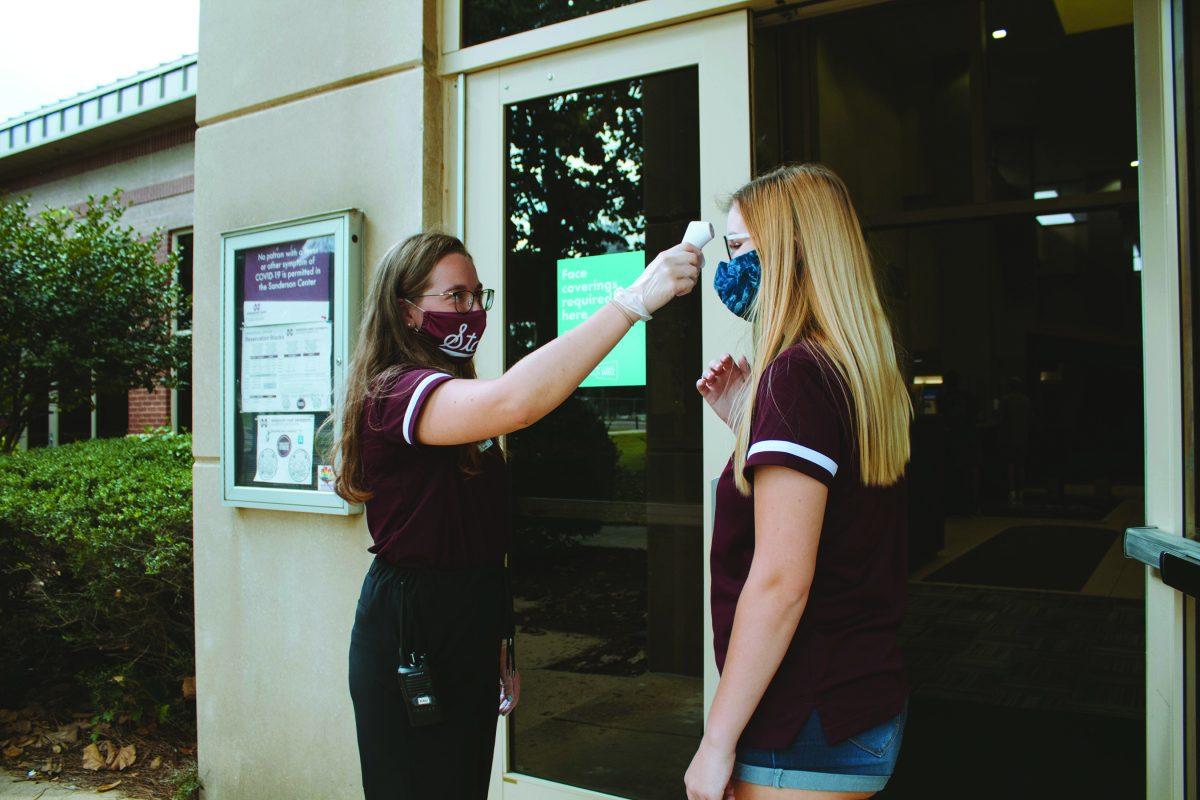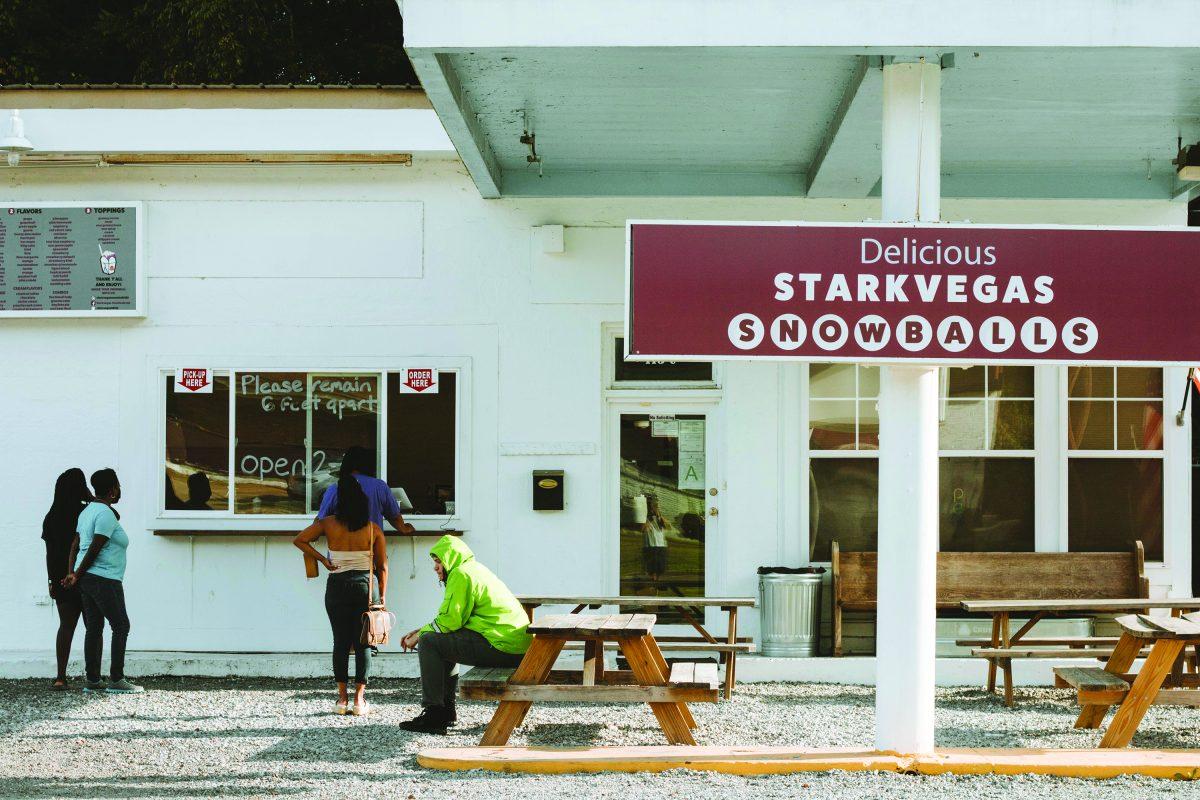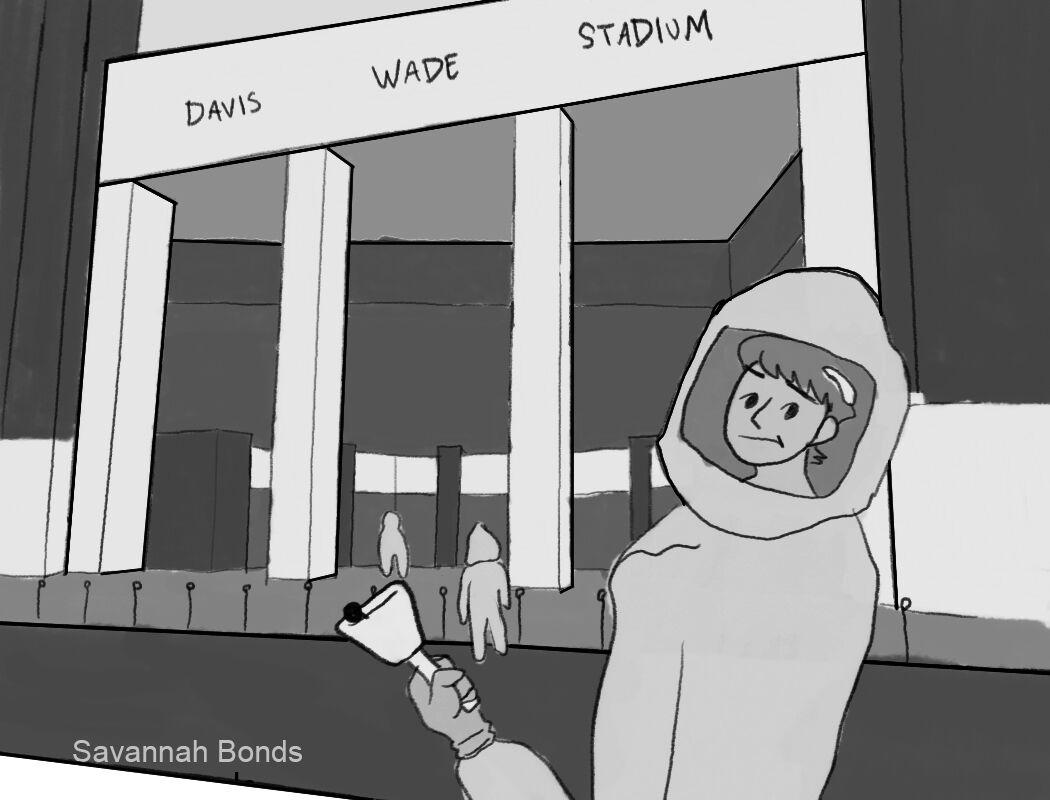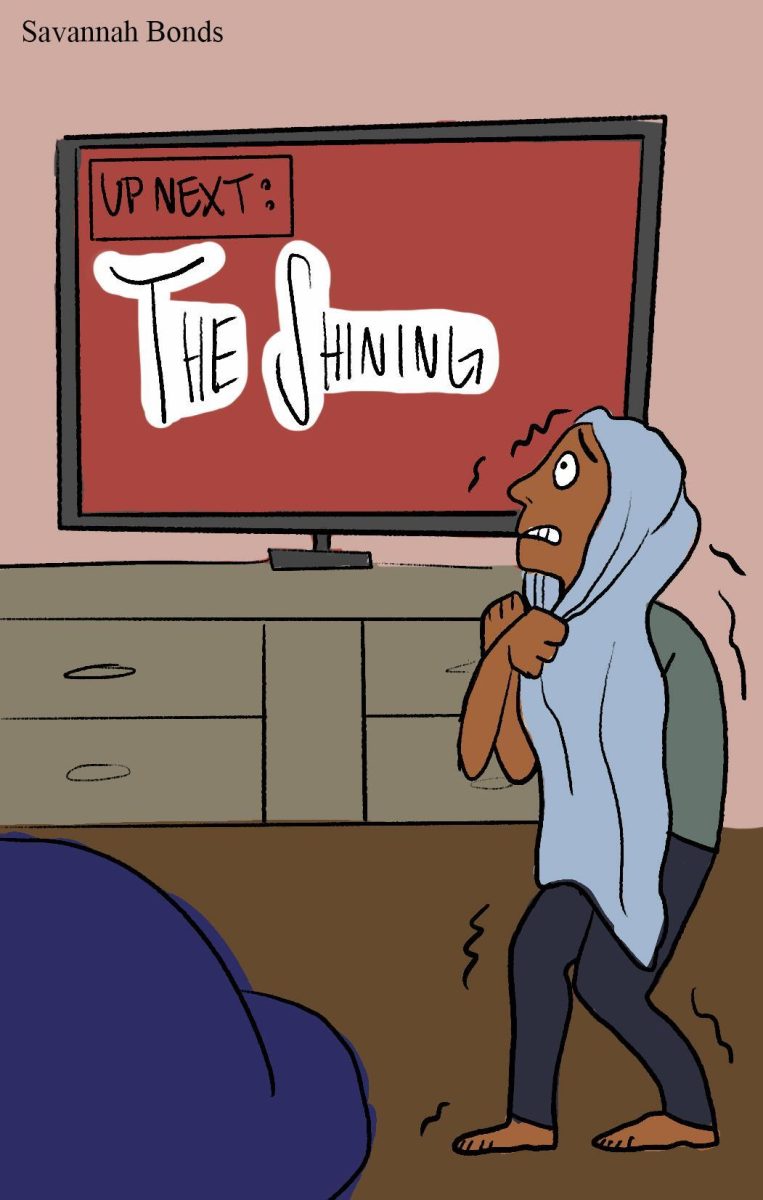Major points in history are often defined and preserved within the writings of people experiencing such seismic movements of the time, often with these people not even realizing the scope of their situation. For our generation, the COVID-19 pandemic is arguably the most monumental moment this generation will likely experience. Once the universities across the U.S. were shut down, I realized the severity of the coronavirus situation and knew I was living through a turning point in history to be studied in future history books.
This realization coupled with stress from major transitions to online school, socially distancing myself from friends and family and calls for sheltering-in-place naturally led me to writing. I began maintaining a “COVID Diary” with brief updates on coronavirus news, my experiences and my feelings in the midst of it all. As a writer, I implicitly felt the exigence of my situation nudging me toward writing. However, why should one have to be a “writer,” per se, in order to value writing as a tool for expression and exploration?
The unfortunate truth yields writing, in general nowadays, simply does not seem to hold the same urgency as it did several decades ago. The wired, mechanical world of technology and electronics overshadows the peace and freedom one receives from sitting down with a pen, a blank page and the quiet of their thoughts. However, the COVID-19 pandemic alongside the digital age presents an entirely uncharted territory for humanity, and these uncertain times direct our attention toward documenting our experiences. All facets and genres of writing play in some way into the cultural climate during its time of creation, and each piece of writing serves different functions.
As stated by Courtney Ackerman with Positive Psychology, journaling goes beyond simple words on a page. Journaling includes a relationship within one’s mind—the rational logic of the left hemisphere in conjunction with the creativity of the right hemisphere. This expressive writing has been shown to improve one’s overall mood and reduce depression and anxiety.
I think it is safe to assume these past few months have really put everyone through the wringer, and based on the aforementioned benefits of expressive writing, journaling seems like a perfectly logical solution tailored to equip our mental health during this ever-changing pandemic.
No matter how trivial a one-line-a-day “COVID Diary” may seem, its impacts reach far beyond the fleeting feelings of mental relief they provide.
According to Katherine Landdeck of Time, journaling during historical events such as the COVID-19 pandemic provides more reliable forms of insight than oral interviews with historians. When asked several years later to recall incidents from the past, people often create a bias based on who is asking the question, but personal diaries reveal stronger, more accurate accounts.
Writing allows for one’s fleeting ideas to permeate beyond their instance of conception; it holds the power to situate one’s thoughts within the context of past, present and future moments of global hysteria and despair. By exploring your pandemic experience through writing, your personal narrative inadvertently engages with other major pandemics in history such as the bubonic plague or the 1918 flu pandemic. During a moment in history as significant as the COVID-19 pandemic, people need to write in order to relate to pandemic stories of the past, to engage in a community of like-minded individuals going through the same experiences now and to spread their influence for future audiences who may benefit from their current written insights.
According to Rachel Barclay from Healthline, it is nearly impossible to recollect exact details from a memory, so our brains draw upon imagination and prior experiences to fill the gaps, making it seem as if you remember every detail to past events.
The coronavirus pandemic situation changes so rapidly every week, and journaling successfully keeps track of specific, seemingly minor details I will likely forget but add up to capture my experience in the midst of it all. I can already feel my sense of normalcy slipping away. Old pictures and videos of people packed like sardines in concert or sporting arenas give me an initial feeling of shock when no one is wearing a mask or is socially distanced. This was not the case a few months ago.
We need to write to remember when it was normal to not wear face masks everywhere, when people did not make shifty glances at anyone who did not stay six feet away, when our grocery runs did not revolve around toiletry or meat stock or when we were able to go out with friends and hug family whenever we wanted. In the event this pandemic permanently alters society’s daily functions and people’s social behaviors, write to remember what the “old” normal was for you because it may be completely unheard of by the time your grandchildren reach your COVID diary.
For me, the COVID-19 pandemic presented the very need for writing and documenting; even though I am a self-proclaimed “writer,” you do not have to take on this identity just to write. Though it is unfortunate a global pandemic is what finally calls many “non-writers” to take advantage of and explore the privileges of writing, I think COVID-19 has instigated an epiphany among the public as to what they should prioritize.
I believe the circumstances the coronavirus has left us in—socially distanced, quarantined, extremely germophobic and antisocial—prompts an urgency for writing as an exploration of one’s self and a way for “non-writers” to naturally redefine the role writing plays in their lives.
No matter how out-of-practice or insecure you feel about your writing, find a quiet space and a few minutes in the midst of quarantine to journal your present thoughts with the liberating notion of sheer privacy and thoughtful reflections. Write in the short term to forget and alleviate your present stressors, but use it to remember in the long run how your personal experiences fit in the midst of a global crisis. Whenever you feel overwhelmed by the uncontrollable chaos during this pandemic and there is nothing left to help the circumstance, just write.












